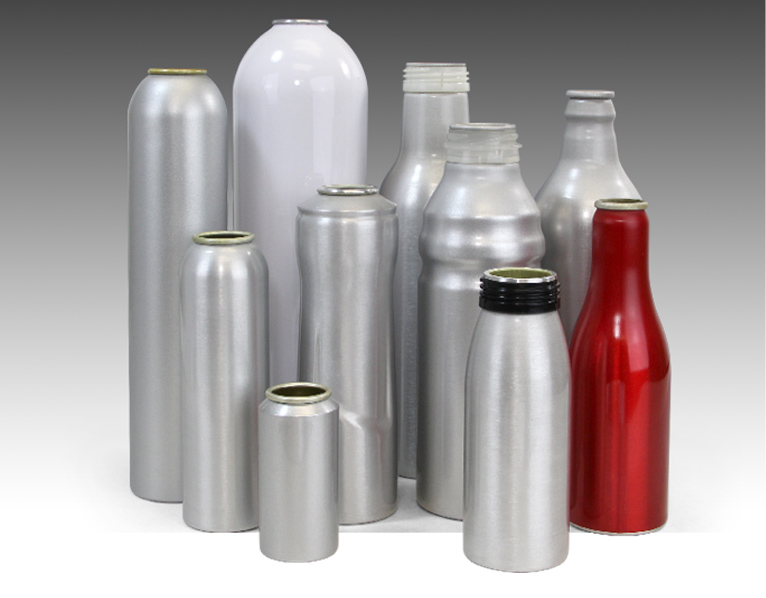A Comprehensive Guide to Buying and Exporting Aluminum Products from Angola
A Comprehensive Guide to Buying and Exporting Aluminum Products from Angola
Angola is an emerging market in the aluminum industry and offers great opportunities to those looking to buy or export aluminum products. With rapid advances in technology and a diversified economy, Angola is the perfect place to find a variety of aluminum products to suit a wide range of needs. Whether you’re a business looking to export aluminum products or an individual looking to purchase aluminum products, our comprehensive guide will help you navigate the process of buying and exporting aluminum products from Angola. We’ll provide you with a detailed overview of the aluminum industry in Angola, the laws and regulations that govern exports, and the best ways to source quality aluminum products from this African nation.
Overview of the Aluminum Industry in Angola
The aluminum industry in Angola has developed significantly over the past few decades, with a total production rate of 400,000 tons per year. The top producers of aluminum in Angola are Soyax-Além, Comalco, and Alcan. Although Angola produces a significant amount of aluminum, the nation still imports some aluminum products from other countries due to a lack of infrastructure in transportation and distribution. There are three main aluminum smelters in Angola, located in the cities of Benguela, Cabinda, and Huíla. It should be noted, however, that the aluminum industry in Angola is highly dependent on hydroelectric power, which provides approximately 70% of the electricity for the country. When hydroelectric power is reduced due to drought or other weather conditions, the aluminum industry can experience a significant reduction in production.
Laws and Regulations Governing Exports
In order to export aluminum products from Angola, you must first obtain a license from the government in accordance with a few key laws and regulations. Even though Angola is a signatory of the World Trade Organization (WTO), their domestic laws still apply when it comes to the import and export of goods. The main law governing aluminum products exports is Decree n. 16/09/2008, which deals with the general customs regime that applies to imports and exports. A specific regulation that governs aluminum products and many other imports is Decree n. 39/2010, which gives customs agents and importers procedures and conditions for the entry, release, and valuation of goods.
Best Sources for Quality Aluminum Products
If you’re looking for aluminum products for export, you may want to consider sourcing from suppliers in the following cities: Benguela : Benguela is home to the largest aluminum smelter in Angola. The city produces 400,000 tons of aluminum per year and is a great source for aluminum products. The majority of aluminum products are exported from Benguela to China, India, and Brazil. Cabinda : Cabinda is home to another large aluminum smelter, Comalco, which produces approximately 100,000 tons of aluminum per year. Cabinda has good rail and port infrastructure and is a good option if you’re looking to export aluminum products through the Benguela port. Huíla : The third city that produces aluminum in Angola is Huíla. The city has a smelter owned by Alcan and produces an average of 110,000 tons of aluminum per year. Huíla is another good option if you’re looking to export aluminum products through the Benguela port.
Shipping and Delivery Requirements
If you’re looking to export aluminum products from Angola, you need to make sure that the container is in good condition and is properly packed to avoid damage during transportation. The container should have a valid C/O (Carriage/Carrying) document, which is a document that must accompany every sea shipment. You should ensure that the shipping terms are clearly specified on the C/O document to avoid any confusion or conflict. If you’re exporting goods to countries like the United States, you’ll need to make sure they meet the requirements specified by the U.S. Customs and Border Protection. The requirements depend on the type of goods you’re shipping, so you should be familiar with them before you start the export process. Customs agents in the U.S. are very strict about the correct labeling and packaging of goods, and even minor infractions can result in large fines.
Procedures for Buying and Exporting Aluminum Products
Before you initiate the buying process for aluminum products, you’ll need to get a letter of credit from your bank. The letter of credit will allow you to buy the goods on credit and then export them to your final destination. The letter of credit should be signed by the seller, the importer, and the bank. The next step is to find a supplier and negotiate a price. It’s best to start with a few suppliers and then narrow it down to one or two. The price should include the cost of the aluminum products, shipping, and insurance. Once you’ve negotiated a price with a supplier, make sure to sign a sales contract. The contract should include details on the pricing, quantity, quality, mode of transport, and delivery date of the aluminum products.
Taxation of Aluminum Products
Although the import and export of most goods are tax-free in Angola, there are certain goods with specific taxes or tariffs. The taxes on aluminum products are dependent on the amount of aluminum that’s contained in the product. If the product contains less than 78% aluminum, the product is considered non-aluminum and has a zero tax rate. If the product contains more than 78% aluminum, the tax on the product is 15%.
Tips for Successful Aluminum Exports
When you’re exporting aluminum products from Angola, there are a few things you can do to make sure the process goes smoothly. First, make sure the export license is valid, and it’s valid for the correct amount of goods. Also, make sure the goods are properly documented and labeled. It’s also important to have a good relationship with your supplier, especially if you’re looking to export on credit. Always pay your bills on time and communicate with your supplier regularly. Finally, make sure you have the right insurance coverage for the goods in transit. You don’t want to get hit with a hefty bill because the goods were damaged or lost during transportation.
Conclusion
The aluminum industry in Angola has developed significantly over the past few decades and is a great source for aluminum products. If you’re looking to export aluminum products from Angola, you’ll need to first obtain a license from the government and then source goods from a supplier. With the right strategies, you can successfully export aluminum products from Angola.








LEAVE A COMMENT
You must be logged in to post a comment.